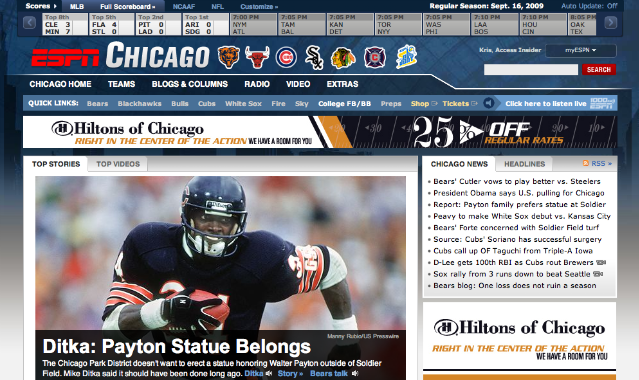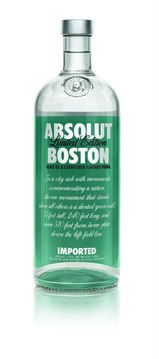Lessons in Localization: Partner with Passions
Since I read Stacy Mitchell's piece entitled 'How the World's Biggest Corporations, From Starbucks to Wal-Mart to Barnes & Noble, Claim to Be 'Local' I've seen at least three good examples of major consumer brands looking to brand their products local in the way she describes.


The jury's still out on each of these local product extensions, but I think we can safely say that the general public has been much more accepting of Absolut Vodka's local product extension in comparison to the Bud Light fan can.
As brands find more efficient ways to custom package their products, local product extensions will likely become more prevalent across a wide range of products. This could provide an incredible opportunity for properties. With a more crowded landscape of local products, slapping some custom colors or a city name on a product won't get the same bang for the buck it did when the trend first began. In fact, as in the case of Bud Light it might backfire. Absolut cities have earned their acceptance by spending resources developing special localized flavors, asking the community for feedback, holding special events and supporting community initiatives. Efforts towards localization that simply slap a local label on an existing product will scream inauthentic, much like a sponsor who buys their way into an event and then does nothing with the sponsorship. One way to prove authenticity in local product extensions is to partner with local passions (sports teams, arts events, festivals, non-profits, etc.). Telling me your product is Boston is cool, but a Red Sox offer, a donation to the Boston Marathon's official charity or an exclusive St. Patty's Day experience shows me it IS BOSTON! Mind you, truly partnering - not simply borrowing a logo for packaging - although this can be a valuable benefit in the equation.
In an environment when community is more important than ever and consumers want to stay closer to home, there is great benefit and potential to local product extensions, but there will also be many pitfalls (read: wasted marketing budgets).
All of this presents opportunity. If you're a local property (and not just a pro sports team), now is the time to start looking at how you can lend needed authenticity to "local" campaigns - for a nice sponsorship fee of course! Partnering with local names is nice, but the real winners will be those brands that partner with local passions!
photo credit via webshots: jfriesen_